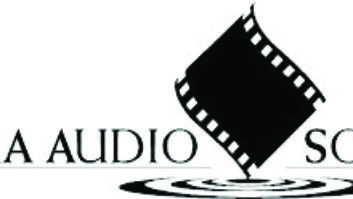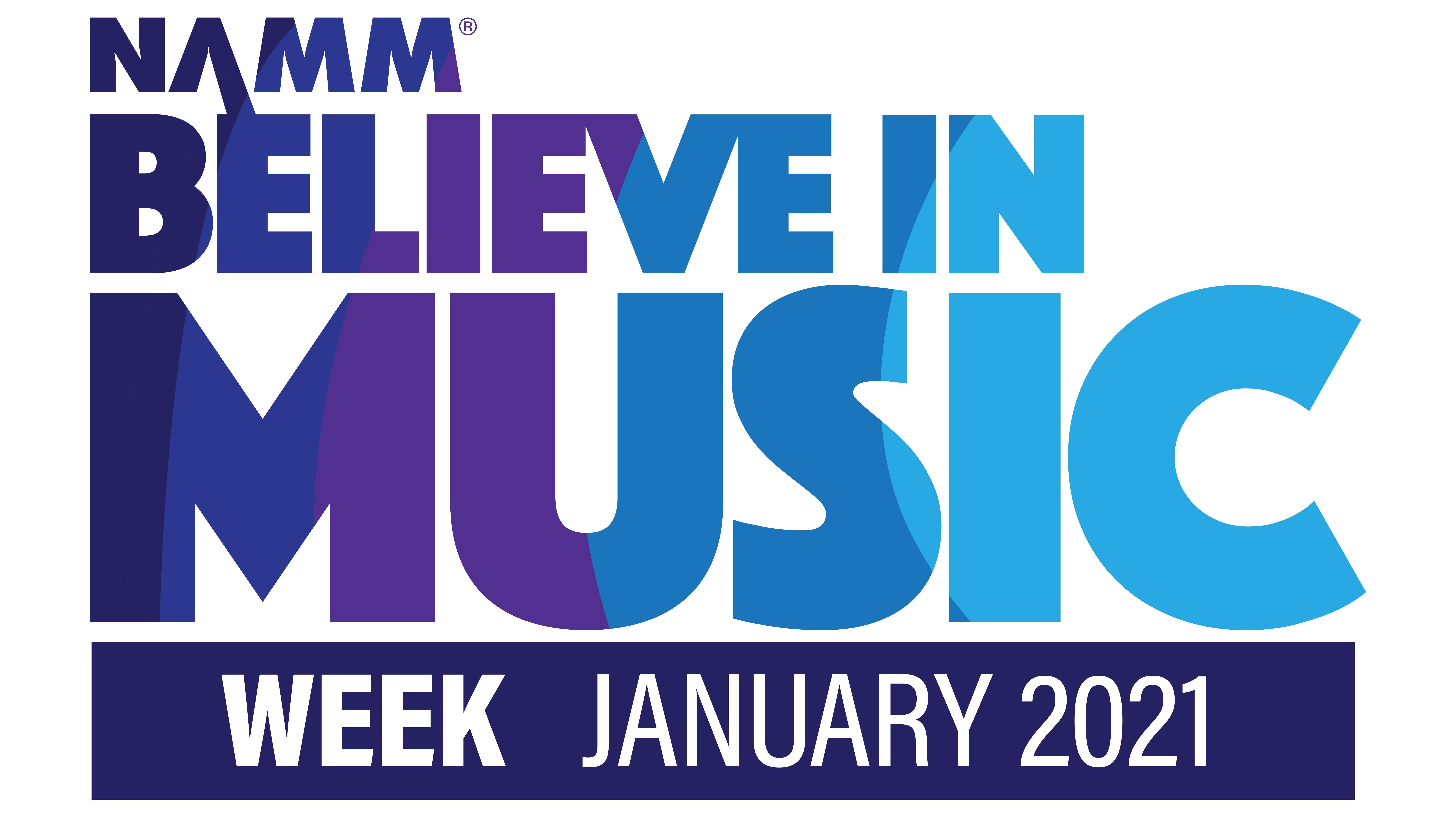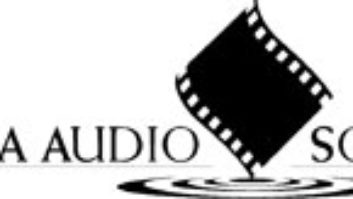
Ryan Terrell
Photo: TrueMuse Photography
Personal skills vastly outweigh technical skills in the real world, and employers are more impressed by work ethic than gear knowledge—they expect the latter. A client pays a lot of money to see you, and when the talent is alone in the booth, there’s nothing like a quick quip and a can-do attitude to set the tone for the session. Being yourself is paramount to success. If “yourself” isn’t outgoing, friendly, polite, and exuding confidence, then don’t be yourself, be Don Draper. You fake it till you make it.
advertisement
You are the conductor. How you present yourself and how confident you seem to be to the client and the talent is how confident they will be in your abilities. I have walked into sessions that I had literally no experience working on—Spanish radio broadcast mixing, for example. I had two choices: Say, “I’ve never done this before, I don’t know Spanish, I’ve never worked on radio, I’m not quite sure what I’m doing, we’re patching to a studio in L.A. so I can’t even see the talent—so bear with me.” Or, “Let’s rock this out and be done in time for lunch.” Which option would make everyone feel better? Of course, then you still have to rock it out.
This doesn’t just begin when you enter the workforce. This starts now. Be the student with whom other students feel confident working. You never know who’s going to get hired at your dream job and who will suggest to their boss that they hire you (as happened in my case). If I had not been industrious from the start while still in school, I would have never gotten my foot in the door.
Regarding academic performance, I made a big mistake in school. I was on the wrong side of several instructors because I was too cool for school. I spent the last half of my school time doing damage control on my relationships with my instructors (just ask Mix columnist Eddie Ciletti). How your instructors view you is important. They may be all smiles and full of accolades in class with you, but if you show up to class with a piss-poor attitude or don’t show up at all, they will never speak highly of you in private with others, and that can be, and often is, the difference between getting a gig and not getting a gig.
Having a holistic understanding of sound—what sound is, how it works, how it travels through time and space, and how to capture and manipulate it—is far more important than the specific DAW or console or piece of gear you’re geeking out about right now. It’s akin to knowing every nuance of the English language and having literally nothing intelligent to say. What good does that do anyone?
Remember that times change. The specific skillsets you have may be nearly obsolete in one or two years. To prepare yourself for this inevitability, keep the basic principles of sound in the forefront of your mind. It will allow you to make better decisions in every situation you come across.
Understand that you will likely not get hired to do what you’re the best at, or what you like doing the most. I got a job mixing. I hate mixing. I loathe it. I suck at it. I felt completely unprepared. It was easily the dullest tool in my toolbox. I did not say to my employer, “No thank you, the offer is nice, but I’m no good at mixing.” I said, “Let’s fricking do this!” (Okay, I used different words.) Say, “Yes.” You’re vastly more capable than 98 percent of the other schmucks out there and you probably undervalue your own knowledge because you’re surrounded by people at school who know as much or more than you do.
If you get hired in a pond like Minneapolis, you will likely not be respected because of your age and probably because of your education. Most everyone in our industry did not go to school for this. Most everyone in the industry is considerably older and way more experienced. Remain humble and teachable. No one likes a know-it-all, and I had to relearn 80 percent of my skills on the job. When I showed up to work, I had my resume and cover letter in one hand and a flash drive with my reel on it in the other. You know what my boss said? “Oh, that’s cool, maybe we can look at that later. Why don’t you just watch me for now?” After the day was done I was given an assignment, a full three-minute video of Foley and sound design, and I had a day to do it. It became clear that I must sink or swim. To this day, they have never looked at my resume or reel.
And another thing—you will never have four weeks to work on a two-minute song or video. Never. This is one of my biggest gripes with our educational institutions in town. I understand that we’re learning in school, but you don’t have time to deliberate and procrastinate in the workforce. You will never have the luxury of that time, so make the most of it in school. Finish early, show it to your instructors or classmates whom you respect, and be prepared to revise heavily.
There is no lab staff on the job. If something breaks, you have to fix it or you have to stop the session and ask for help. If no help is to be found, you have to stop working and everyone goes home, except you. You stay at the board crying. This remains the most stressful part of my job. Know your equipment inside and out and perform dry runs before sessions to prevent these crisis moments.
Finally, take pride in everything you do. Look good and you’ll feel good. Feel confident and you’ll look confident. Act deliberately and you’ll see results. Enjoy mundane tasks, as your job may boil down to that. And seek comfort when doing thankless jobs that you are doing them to the best of your ability. People notice that.
Born and raised in Iowa, Ryan Terrell graduated from IPR in Minneapolis in 2011 and was hired by BWN Music, the premier commercial music and mix house in town. He spends his time designing sounds, composing electronic music under the pseudonym Eskimo Spy, and playing far too much Xbox.




